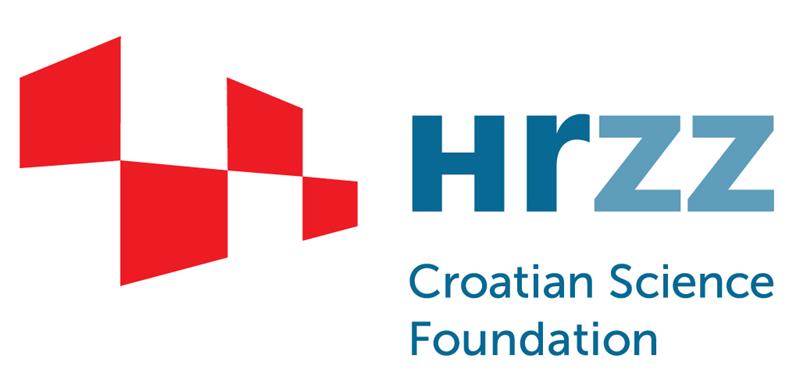Yesterday, on December 18th, the first meeting of the HRZZ project “Assessing the Impact of Climate Change on Nature-Based Tourism: Development of Vulnerability and Resilience Indices for Protected Areas to Manage Adaptation Strategies” (PACT-VIRA) was held. The project is led by Dr. Izidora Marković Vukadin from the Institute for Tourism. The meeting brought together approximately 20 collaborators from six institutions, including the Institute for Tourism, the Croatian Meteorological and Hydrological Service (DHMZ), the Croatian Geological Survey, the Faculty of Economics at the University of Split, the Ministry of Environmental Protection and Green Transition (MZOZT), and the Faculty of Science (PMF).
Project Objectives:
- O1. Conduct a comprehensive review of literature and practices related to the impacts of climate change on tourism, protected areas, vulnerability and resilience of protected areas, and the evaluation and indicators of vulnerability and resilience.
- O2. Assess the current state of tourism in protected natural areas to identify key climate risks and associated threats affecting the sustainability of tourism activities, considering factors such as extreme weather events, potential natural hazards, and habitat loss.
- O3. Carry out a thorough vulnerability assessment of protected areas to various climate change risks and associated stressors using spatial analysis techniques, surveys of local communities and visitors, analysis of visitor usage patterns, climate data analysis, and hydrological analysis to evaluate factors such as habitat sensitivity and socio-economic vulnerability.
- O4. Based on various climate risks and associated stressors, propose a set of vulnerability indicators using spatial analysis techniques, local community and visitor surveys, analysis of visitor spatial movement, climate data analysis, and hydrological analysis.
- O5. Identify and quantify resilience indicators within environmental, social, and economic dimensions to evaluate the capacity of protected areas to resist and recover from the impacts of climate change.
- O6. Develop a composite Vulnerability Index and Resilience Index tailored to diverse protected areas in Croatia, integrating the findings of vulnerability and resilience assessments to provide a holistic understanding of the challenges and opportunities posed by climate change.
- O7. Translate the results of the indices into actionable recommendations for protected area managers, policymakers, and tourism stakeholders to enhance adaptive capacity and promote sustainable tourism practices in the face of climate change.
The meeting served as an opportunity for participants to get acquainted and to present the work plan and planned activities for the project's first year of implementation.
We look forward to future collaboration and the successful realization of the project!
